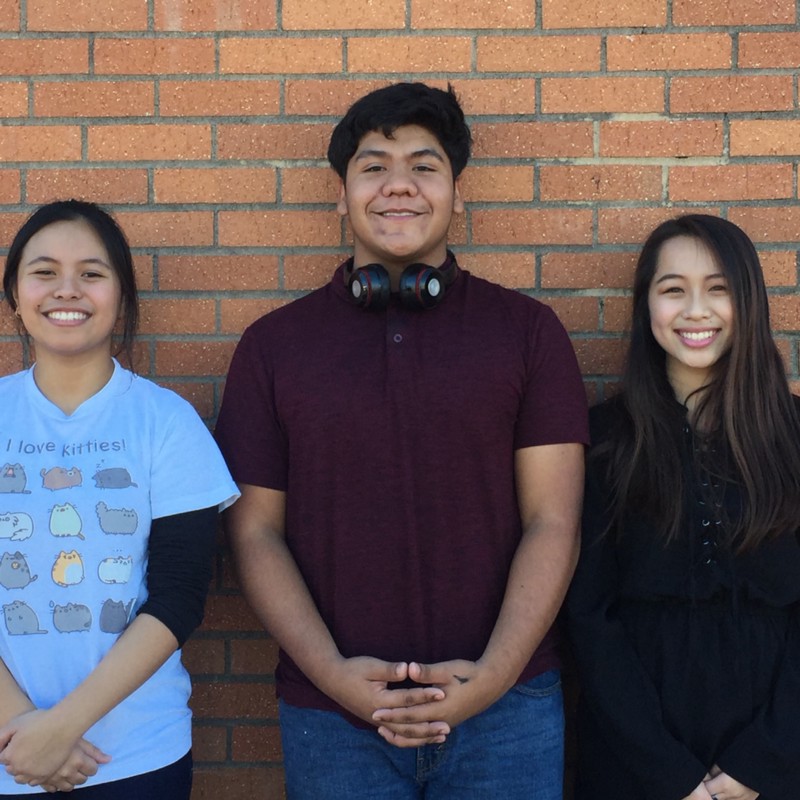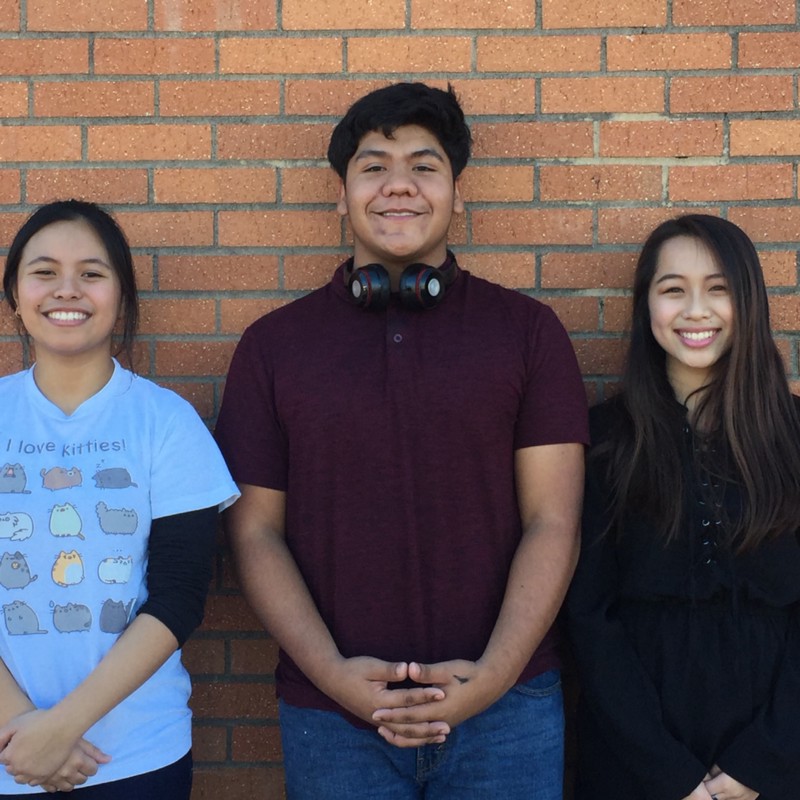By Megan Brandon, Regional Program Manager, Texas & National

“Small town, country kids who lead a simple life.” This was just one of the many expressions often used to describe my former students from Bastrop, a small town of around 8,000 people, just 35 minutes east of Austin, TX, but it might as well be a world away. The drive from Austin to Bastrop leaves much to be desired: cattle and long stretches of land, a few gas stations, a handful of businesses — many closed — and mobile homes dotting the horizon. Some refer to the landscape as empty; and unfortunately this sentiment frequently also applies to the students who call this place home. These kids are altogether too often painted as remote and removed, both physically and civically; they aren’t supposed to care about things like social activism.
So when I first took a teaching position in Bastrop, I have to admit that I had a somewhat misguided idea about who would be walking through my classroom door. I mean, I grew up in a small town in Iowa — I knew rural life well. But did I expect to have students come into my classroom who live so far out in the county they ride a bus for two hours a day just to get a shot at an education? No. What about a student who had never been more than 30 miles from their house, only to Austin for shopping? No. It was because of these examples and others just like them that I wanted to give my students more. Not more motivation necessarily, because as I quickly found out they had that in spades. Instead I wanted to give them more opportunities. More open doors. More life to experience. More civic knowledge and, perhaps most importantly, an avenue to actually exercise those skills. More opportunities to demonstrably disprove the assumptions that were being made about them.
Austin is different than Bastrop, both socially and culturally. In Austin, there are well manicured parks, towering skyscrapers, and there’s never a lack of social events for young people to get involved with. The cultural landscape is different in Bastrop, but those students who were up at 5:30 am to catch that hour-long bus ride walked through my door with the same enthusiasm for civic engagement that is usually ascribed to their more urban counterparts. In fact, I came to realize they actually came with more enthusiasm because, having been so long deprived of the many opportunities afforded their urban counterparts, they were excited to flex their newly found civic muscles. These weren’t the disengaged, simple country folk too many people wrongly thought they were. They were students practically bursting with passion, youth who had a genuine desire to say something — to make a difference — but nothing with which to amplify their voices. Which is why I think they took so readily to action civics. Through Generation Citizen, they had finally found the opportunity to say and do the things they for so long had wanted to do but didn’t know how.
Xuan Xuan Liu, a Sophomore at Colorado River Collegiate Academy in Bastrop describes feeling judged by adults, saying, “We are often viewed as being isolated from cultural activities with little care for our community. In reality, we do care.” This care for their community became very evident as I watched these young people work through their Generation Citizen lessons with unbridled zest. Yes, they felt strongly about gun violence and animal rights, but many chose to focus on what they felt was really missing: their lack of voice in community affairs. Xuan Xuan’s feelings of being ignored by the adult community echo this. Likewise, Alberto Vazquez-Aviles, a junior at Colorado River Collegiate Academy, also remembers feeling forgotten because of his race and age: “Being a Hispanic young adult in a small, rural town like Bastrop, it’s common for students like me to be overseen by the adults in our community.” But this apparent dismissal of youth voice didn’t stop my students from using their GC projects to advocate and fight for what they believed in. In fact, it probably encouraged them to speak even louder now that they had an outlet for their ideas and a microphone for their voices.
Generation Citizen was built on the promise that every student in the United States might be empowered to not only find their own voice but also be afforded the means to speak their truth to power. My experiences as a teacher in small-town Bastrop stand as a testament to the passion and motivation that America’s rural students embody. And while we rightly should continue to draw our attention toward city centers and densely populated areas, neither should we neglect our students who live well beyond the city limits. All they really need is the opportunity: to speak, to act, to bring their unique perspectives to bear on the problems facing us all. Perhaps Jahziel Leduna, a sophomore at the Colorado River Collegiate Academy in Bastrop, said it best, “Small towns do not equal small minds.”
Generation Citizen is a nonpartisan, 501(c)3 tax exempt organization which does not endorse candidates; our goal is to engage our staff, participants, and stakeholders in political and civic action on issues that matter to them personally and in their communities. The opinions expressed in this blog post are those of the writer alone and do not reflect the opinions of Generation Citizen.
